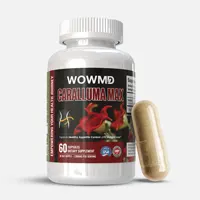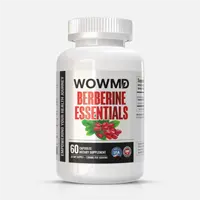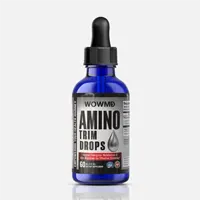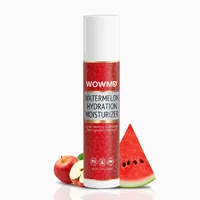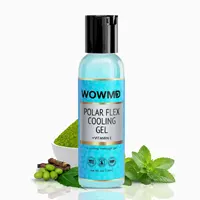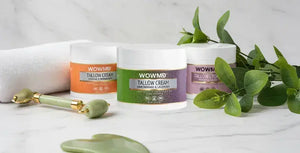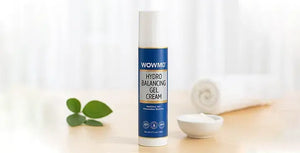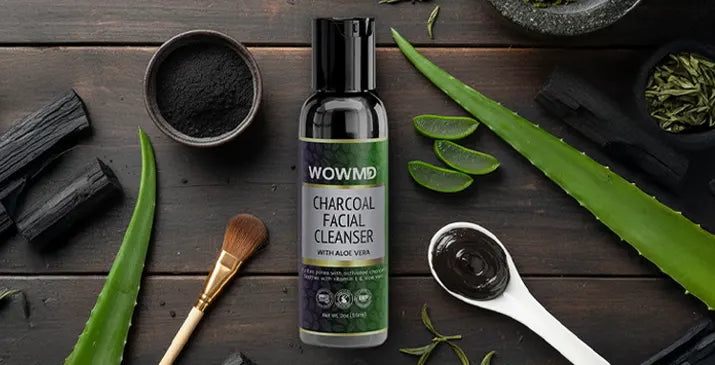When to Use Vitamin C Serum For Visible Results, as per Dermatologists
When it comes to vitamin C in skincare routine, timing matters. Here's when to use this antioxidant powerhouse to get the most effective benefits.
Advertiser Disclosure: WOWMD independently vets all recommended products. If you purchase a featured product, we may be compensated. Learn why you can trust us.
You May Also Like
Popular Stories
- The Best Beef Tallow Products for Radiant Skin: A 2026 Guide
- Holy Basil : Ayurveda’s Herb for Balance, Immunity & Everyday Calm
- Best Gel Moisturizers for Hydration & Skin Care in 2026
- 7 Best Effective Supplements for Improving Bladder and Prostate Health in 2026
- 4 Best Cooling Gels for Skin and Body: Instant Refreshment and Relief
- 4 Best Hyaluronic Acid Serums for Skin Hydration - Tested & Reviewed
References
WOWMD follows strict sourcing guidelines to ensure the accuracy of its content, outlined in our editorial policy. We use only trustworthy sources, including peer-reviewed studies, qualified experts, and information from top institutions.
- The Roles of Vitamin C in Skin Health - https://www.ncbi.nlm.nih.gov/pmc/articles/PMC5579659/
- What Can Vitamin C Do for Your Skin? - https://health.clevelandclinic.org/vitamin-c-serum
- Inhibitory effect of magnesium l-ascorbyl-2-phosphate (VC-PMG) on melanogenesis in vitro and in vivo - https://www.jaad.org/article/S0190-9622(96)90830-0/abstract
- Sodium L-ascorbyl-2-phosphate 5% lotion for the treatment of acne vulgaris: a randomized, double-blind, controlled trial - https://onlinelibrary.wiley.com/doi/abs/10.1111/j.1473-2165.2010.00480.x
- Vitamin C (Ascorbic acid) - https://www.mountsinai.org/health-library/supplement/vitamin-c-ascorbic-acid
- The effect of temperature on the chemical stability of Vitamin C in a cosmetic product - https://kth.diva-portal.org/smash/get/diva2:1722942/FULLTEXT01.pdf
- Ferulic Acid Stabilizes a Solution of Vitamins C and E and Doubles its Photoprotection of Skin - https://www.sciencedirect.com/science/article/pii/S0022202X1532491X
- Topical Vitamin C and the Skin: Mechanisms of Action and Clinical Applications - https://pmc.ncbi.nlm.nih.gov/articles/PMC5605218/
 Alpha Man Power Pack
Alpha Man Power Pack All-Day Fat Burn Trio
All-Day Fat Burn Trio Better Immunity Bundle
Better Immunity Bundle  Calm & Sleep Duo
Calm & Sleep Duo Cognitive Health & Vision Combo
Cognitive Health & Vision Combo Complete Weight Loss Bundle
Complete Weight Loss Bundle Core Vitality Trio
Core Vitality Trio Energy Booster Combo
Energy Booster Combo Focus Fuel Trio
Focus Fuel Trio Glow & Balance Duo
Glow & Balance Duo Health Balance Trio
Health Balance Trio Heart Care Bundle
Heart Care Bundle Joint Health Support Combo
Joint Health Support Combo Men's Immunity & Prostate Health Bundle
Men's Immunity & Prostate Health Bundle Metabolism Boost Duo
Metabolism Boost Duo Natural Skin Care Bundle
Natural Skin Care Bundle Peak Performance Duo
Peak Performance Duo Relax & Recharge Duo
Relax & Recharge Duo Skin Detoxification Bundle
Skin Detoxification Bundle Smart Energy Trio
Smart Energy Trio Stress + Energy + Wellness Combo
Stress + Energy + Wellness Combo  Total Burn Ignite Trio
Total Burn Ignite Trio Total Harmony Pack
Total Harmony Pack Workout Supplements Combo
Workout Supplements Combo

